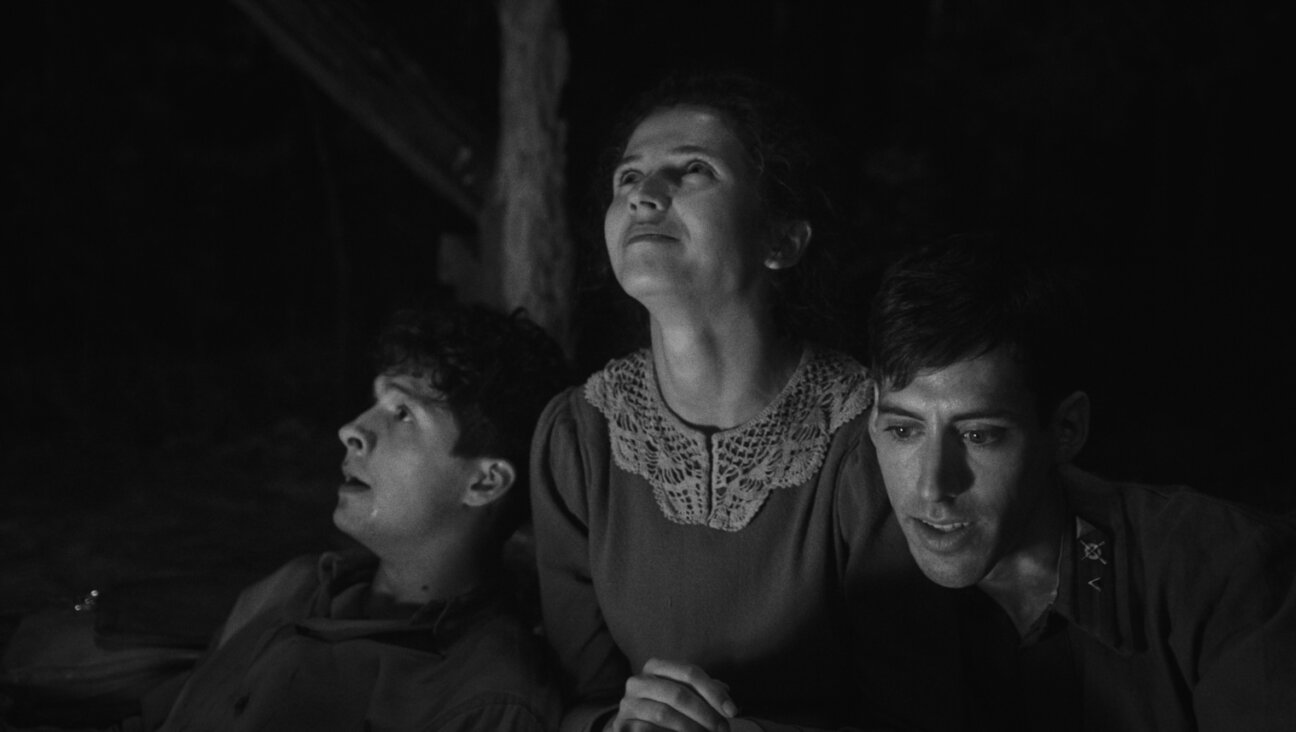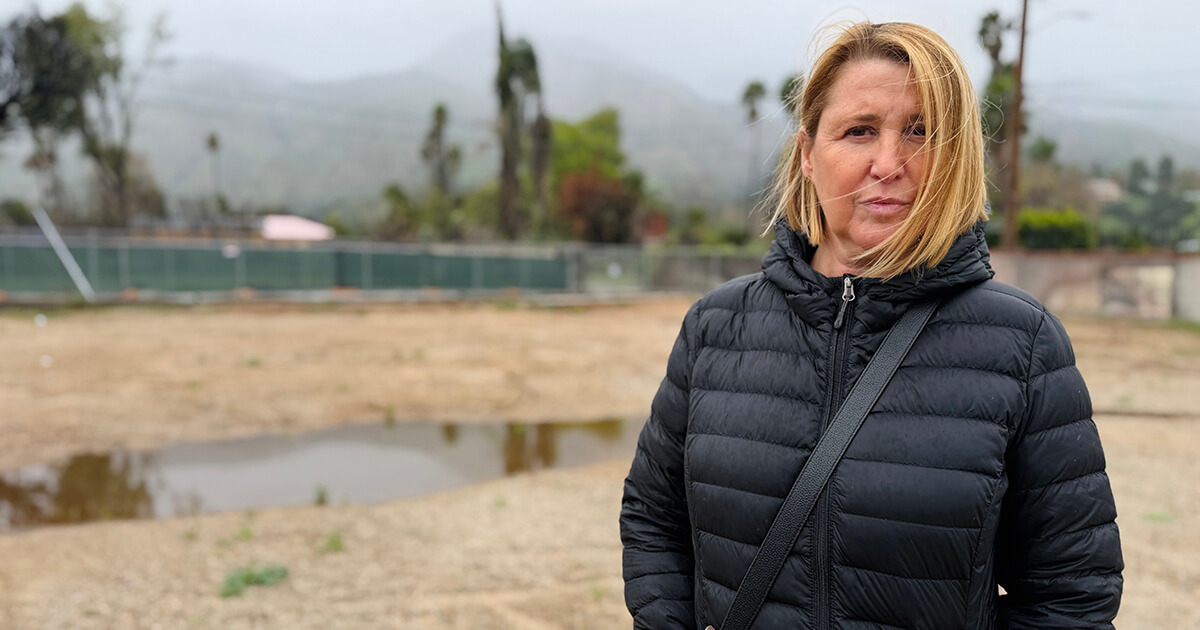My 75 Years at the Forward, From East Broadway to the Blogosphere
This issue is the first of 2007, the Forward’s 110th anniversary year. It is a personal landmark for me, too: the 75th anniversary of my own association with the Forward. Over the years, I’ve gone from a young editorial assistant to a senior commentator. I’ve worked in print, broadcast and now on the Internet, riding the successive waves of the media age. Looking back, I’m struck by the evolution I have witnessed in the communications media and the resulting changes in our American democracy.
I joined the Forward in 1932, the year of my graduation from New York University. Louis Schaefer, the labor editor of the Jewish Daily Forverts, asked me to meet him at the famous Forward Building at 175 East Broadway. He knew of me because I was the editor of Free Youth, the publication of the Young People’s Socialist League. I was all of 21.
When I got to his office, he asked me to be his assistant. He offered me a salary of $15 a week — which, in those days, was money.
The Jewish Daily Forward had been founded 35 years earlier to serve as a voice of democratic socialism among the Yiddish-speaking immigrants. By 1932 it was the largest of the Yiddish dailies, with a circulation of a quarter-million nationwide. It was also a major force in the rapidly growing American labor movement.
But to speak of the Forverts as just another Jewish newspaper is like saying that the Grand Canyon is just another hole in the ground or that the Bible is just another book. In my childhood home, the Forverts was a daily update on the Scriptures. I will never forget the time when the fish my mother bought was handed to her wrapped in the pages of the Forverts. My mother literally threw the package back at the fish handler. Startled, he said, “What’s the matter, lady?”
“It’s the Forward,” she shouted. “If you have to wrap the fish in a paper, use the Times.”
Coming to work at the Forward was an enormous privilege, and Schaefer was a fine teacher. He understood labor, he was committed to the cause, and he knew journalism. For a young, committed political activist, producing a page of newsprint was almost an act of devotion.
Newspapers had for centuries been the instrument through which people with ideas communicated with the public. Especially during election years, the power of the press was indisputable. Men like William Randolph Hearst had become powerful political figures in their own right by their ownership of a chain of newspapers. New York alone had nearly a dozen daily papers in English and many more in immigrant languages.
That year, 1932, was a time of transition. Franklin D. Roosevelt was elected president, promising a new deal for the working man. It was a promising time for unions, and for newspapers with a pro-labor position. The Forward was at the height of its power.
But a new medium was about to come into its own: radio. It had begun just a dozen years before as a novelty. In 1926, David Sarnoff formed the first national radio network, NBC. Two years later, William Paley launched the rival CBS. Within a decade, the two men and their networks were among the most powerful media forces in America.
With the arrival of radio, candidates had a more forceful alternative to the printed word. But a candidate for office did not have free access to radio. He had to purchase airtime, unless he had supporters who owned radio stations. Given the high price of commercial airtime, the cost of campaigning began to skyrocket. Big money came to dominate American politics in a way it never had before. Power switched from the publisher to the donor. As television spread through the 1940s and 1950s, the money factor spiraled.
The Forward had entered radio, too. Its station, WEVD — named for Socialist Party founder Eugene Victor Debs — was initially launched in 1927 by a group of individuals, some of whom were associated with the Forverts. It was a tiny, listener-supported Yiddish radio station. In 1932 the radio station was strapped for cash, and it was requested that the Forward Association take it over. It began running commercials and light entertainment and purchased a powerful transmitter. The Yiddish media entered the electronic age.
I took a break from the Forverts in 1934. David Dubinsky, president of the International Ladies Garment Workers Union, had just returned from an international socialist congress in Vienna. With Stalin in control of Russia and Hitler ruling Germany, democratic socialists felt a sense of urgency.
But thanks to Roosevelt and the New Deal, the nearly bankrupt union was finding itself awash in new members and money. Dubinsky asked Schaefer to come and revive the union’s education department. Schaefer asked me to go with him.
My career in the ILGWU was interrupted by the war. When I returned from my stint as an aerial gunner, I suggested to Dubinsky that the union create a full-time political department. He argued that no union had such a department. I told him he had a reputation as an innovator. He was flattered. I got the job.
Meanwhile, the Forward was struggling with changing times. It had gotten used to supporting Roosevelt, despite his capitalist ways. It was struggling to absorb the horrors of the war. At one Forward Association meeting, a true believer got up to say that he was happy with the money WEVD was bringing in, but he was unhappy that there was no voice on WEVD articulating the ideals of the Forward.
Someone suggested that Gus Tyler be invited to have his own program on WEVD. I turned down the job, pleading overwork at the union. A few days later, I was visited by a delegation of five or six gray-haired old-timers. They told me that I was needed to carry on their fading lives’ work. I agreed.
I called my program “The Two Minute Magid.” A magid was an itinerant preacher who roamed the shtetls, spreading the word. Besides, my mother’s maiden name was Magid. The “two minutes” bit was a nod to fashion. It was the day of the pressure cooker, instant foods and instant polling. Everything had to be done in a hurry.
And so in a few minutes each day, I traced that day’s history in connection with some historic event. Over the next four decades, I juggled my two jobs, serving the union and the cause while reviewing history for a dwindling Yiddish radio audience.
The cruelties of history were taking their toll on Yiddish. The Forward, no longer a profitable media giant, was selling off assets to survive — buildings in New York, Chicago and Philadelphia, real estate parcels and, finally, the radio station. In 1989, WEVD-FM was sold for $30 million, and the proceeds were used to launch an English-language Forward. That same year, I retired from the union and became a columnist for the English Forward.
Even after switching to English, our influence could not be what it once was. The almighty dollar was ruling every corner of the media, and through the media this country’s political discussion. We were reaching a modest audience, but we scarcely dreamed of changing the world.
But another change was coming: the rise of the computer and the Internet. As the Forward developed its Web site, we found that our readership was often as much as four times the size of our print circulation. The content now changes daily, as it did years ago. My words reach almost as many people as ever.
The coming of the computer has changed the nature of politics in America. By e-mail, an individual or group can send messages to one individual or thousands. Lately I have received appeals almost daily, urging me to add my name to a petition, bring some idea to my friends or help to impeach the president. And all of it is almost free.
Over the ages, it’s been said that the greatest force for change in a society is changing technology. The computer may be one such force, taking communication out of the hands of the wealthy and making democracy possible again.
I’ll let you know. At 95, I’m not just a contributing editor to the Forward, but possibly the oldest blogger in America.















